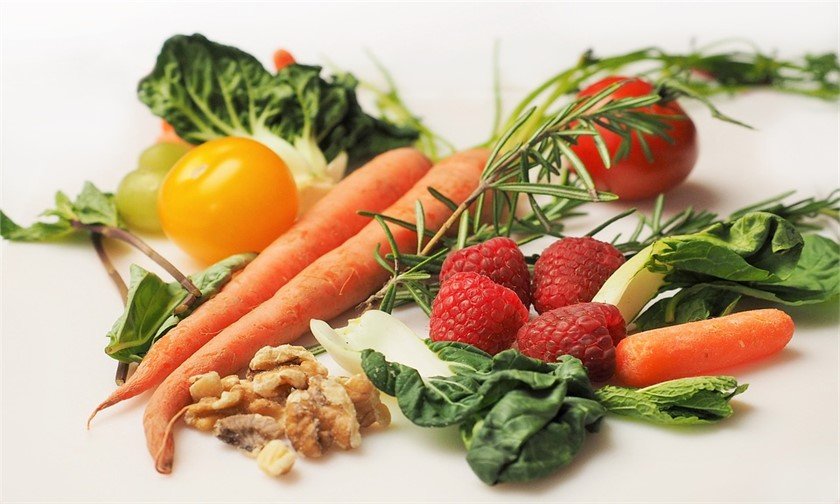Organic foods are more nutritious compared to conventional food products. People have been demanding organic foods since they believe grown and processed firm products are healthy.
Organic food products do not contain any preservatives and have fewer pesticides.
To ensure safety, all organic food products should be produced and processed according to USDA set standards. The products not only have health benefits but also have some constraints.
Pros:
1. Environmentally friendly: Farm practices boost plant growth, reduce pollution and soil erosion. Few pesticides and fertilizers are used to create a friendly environment.
2. Animal-friendly: Carrying out organic farming ensures there are high nutrient foods for animals. No need for antibiotics or growth hormones.
3. Better taste: Production of food products and preservatives can make them lose their original taste. Organic foods taste much better than non-organic foods.
4. Fat-free: Organic foods do not have hydrogenated fat which causes heart disease. This makes organic farm produce good for human consumption and reduces the risk of a heart condition as compared to other non-organic products.
5. Fewer pesticides: Few pesticides with low levels of chemicals are used to produce organic foods. The chemical component cannot be detected in almost 70% of the products.
6. Healthy food product: Compared to other conventional food products, organic foods have high nutritional value. Low levels of pesticides and fertilizers enable the plants to produce a phytochemical substance to increase resistance against weed and bugs.
7. Fresh food: There are no additives or preservatives added to organic food to extend the shelf-life. This makes the food products from the farm produce more fresh.
8. GMO-free: Organic food products are free from any genetically modified organisms (GMO). This makes them more nutritious.
9. Safer meat: There are no antibiotics, hormones, or pesticides added to the organic meat.
10. Rich store for minerals: Organic farming increases soil nutrients and the nutrients are passed to what you eat.
Cons:
1. High costs: Organic food products are very expensive compared to non-organic. The cost of production is very high making the final products very expensive to the consumers.
2. Spoil easily: Organic food products don’t have any preservatives making the food go bad or decay.
3. No proof of nutrition: On recent research, there is no proof of the safety of organic foods compared to foods produced through conventional methods. Organic food is just as nutritious as any other non-organic food.
4. No-health benefits: Although many people believe organic foods are more healthy compared to non-organic, there is no report conducted to link organic foods to health benefits.
5. Fewer chemicals: There are fewer chemicals and fertilizers are used in the production of organic foods. Only a small amount of chemical is added to the product.
6. Water contamination: Pesticides from the plants can end up in the water. No matter how small the contamination, it can have a huge impact on human and animal life especially if it ends up in the drinking water.
7. Low levels of pesticide affect children: Even if the quantity of the pesticide is very minimal, it can affect pregnant women and children. It affects the immune system of the fetuses.
8. Ingestion of bacteria: There are a lot of bacteria in organic food substances. Taking more organic food products can lead to ingestion of e-Coli bacteria into your digestion system. This affects individuals with a low immune system including children and pregnant women.
10. Pesticides causes’ cancer: More exposure to pesticides can cause Leukemia, breast cancer, brain tumor, and even prostate cancer.



